Stanford study finds current carbon capture technology inefficient & increases air pollution
Green Car Congress
OCTOBER 27, 2019
Jacobson, professor of civil and environmental engineering at Stanford University, suggests that carbon capture technologies are inefficient and increase air pollution. All sorts of scenarios have been developed under the assumption that carbon capture actually reduces substantial amounts of carbon. —Mark Jacobson.






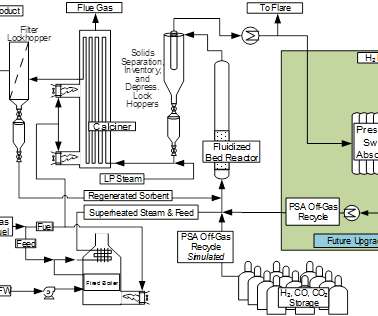
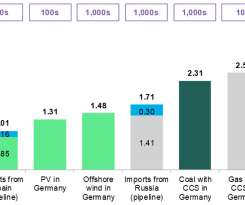







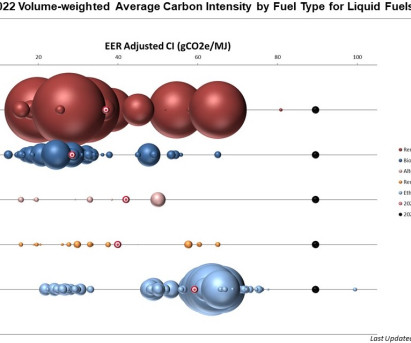
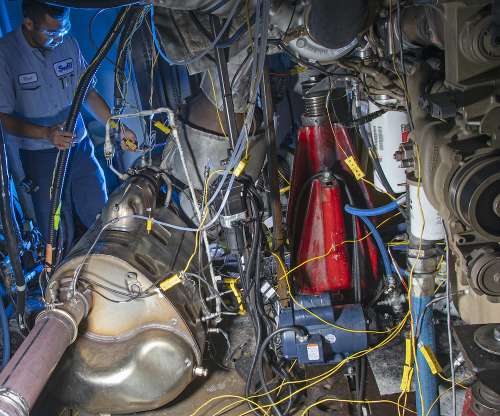
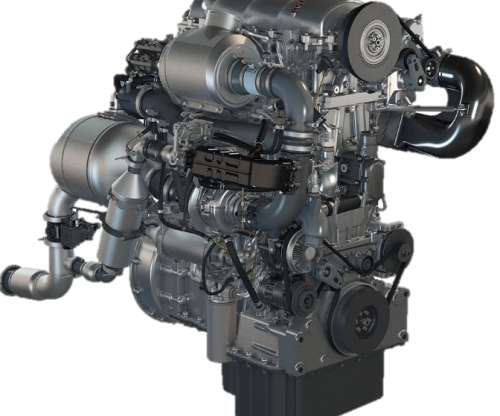



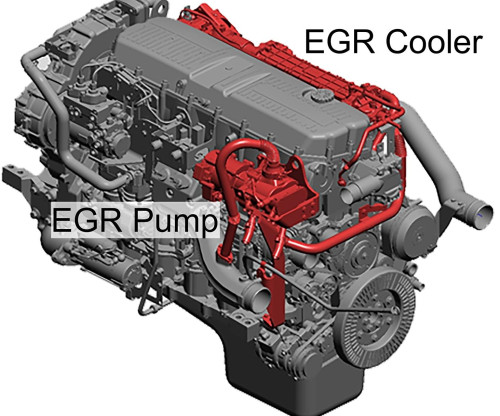




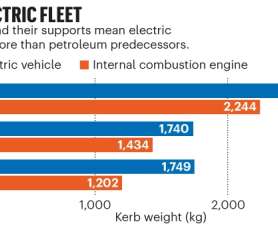

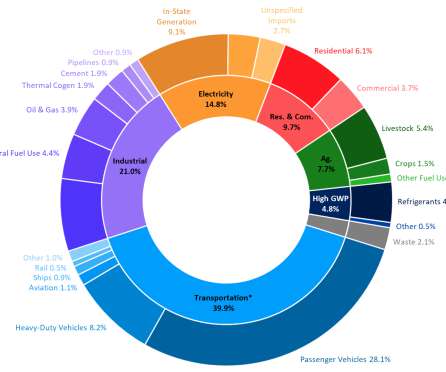
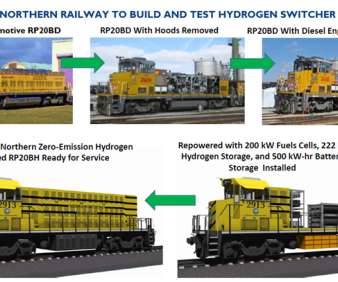

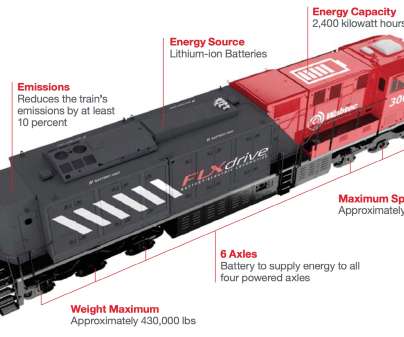












Let's personalize your content